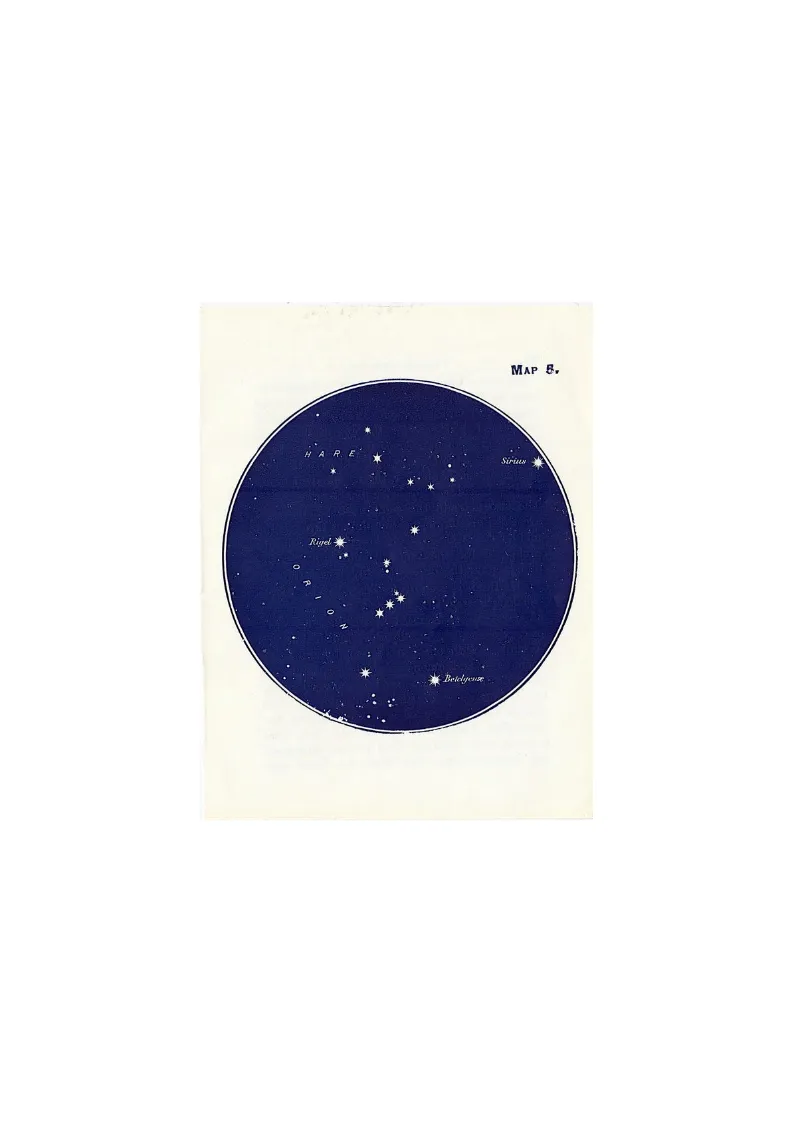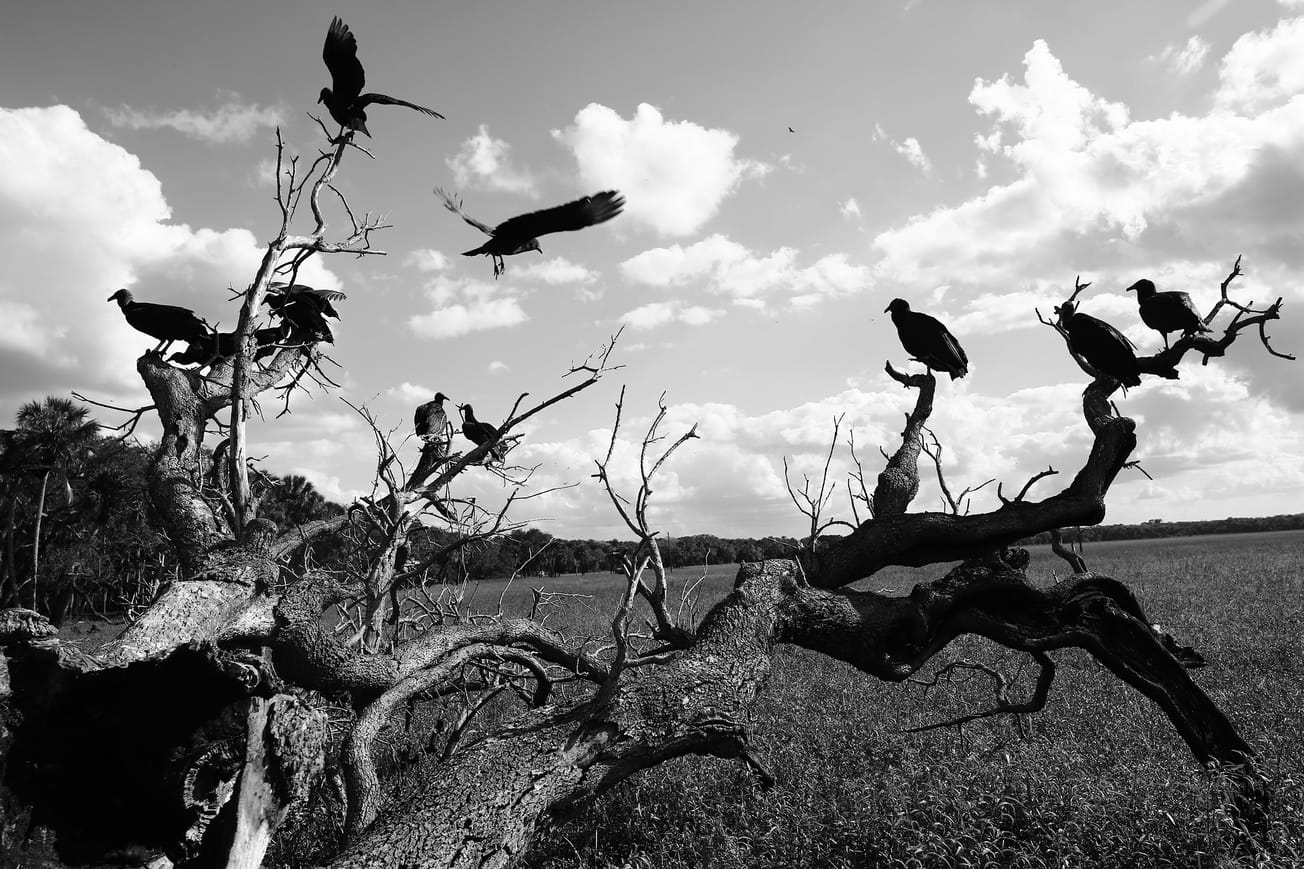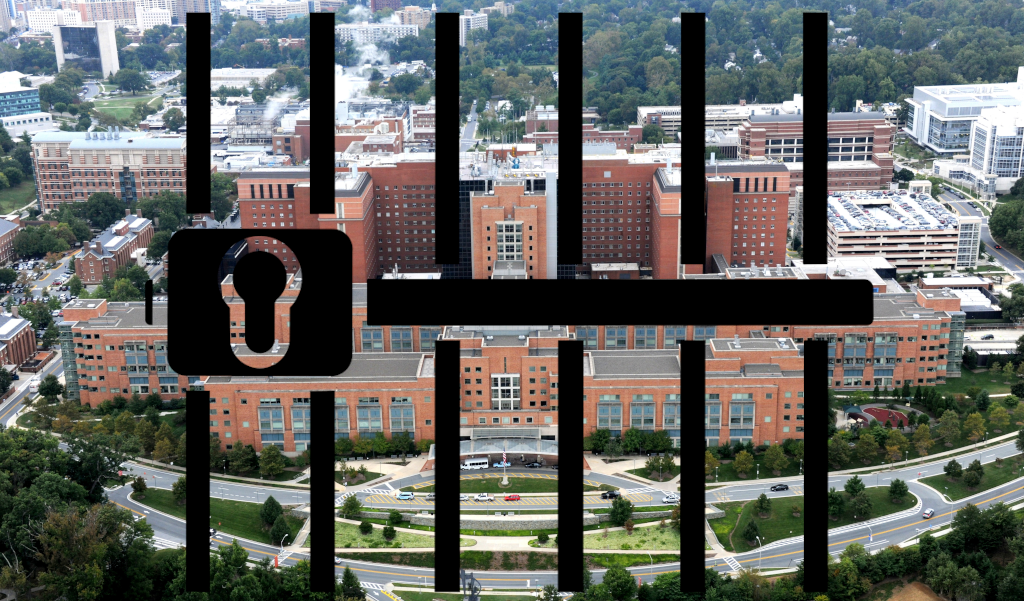Lars Bjørnshauge is the visionary founder of the Directory of Open Access Journals (DOAJ). His transformation of a simple idea into a globally trusted directory revolutionized the accessibility and credibility of open access publishing. Under his leadership, DOAJ became a critical resource, supporting the dissemination of scholarly work worldwide and setting high standards for transparency in publishing.
Today, Lars will be awarded a lifetime achievement award from the Open Publishing Awards selection committee. On this occasion, Joanna Ball, DOAJ’s current Managing Director, conducted an interview with Lars where they delve into the evolution of open access, the challenges faced, and the future of scholarly publishing.
Joanna: Last year, we celebrated DOAJ’s 20th anniversary. We often say that DOAJ's history reflects the history of Open Access, and you can spot patterns in the journals added to the index, from the impact of national and funder policies to the way it has evolved to address questionable practices. What were the key moments for you in recognising the role that DOAJ played/changing direction?
Lars: For me, a core function of DOAJ has always been to provide smaller, independent OA journals better visibility, to help them to implement good publishing practices, rights management etc. and to live up to technical standards. From the outset, our work at DOAJ has been very labour intensive, as we have always prioritised hands-on advice and assistance to journals. This rigorous approach has been crucial in our efforts to fight questionable publishing - DOAJ has put more effort into evaluating journals in this way than the big, expensive commercial databases.
An important shift in our role within the community was when funder and university open access policies began to include DOAJ as the “gold standard” for quality open access journals. This transformed the index, and we began to receive applications from the larger commercial publishers to be listed. This had an impact on our workload and profile but also meant that we were able to encourage them to support DOAJ financially.
Joanna: Our Ambassador programme, which you launched back in 2016 with support from the IDRC had the goal of raising awareness of the importance of open access and publication standards across the world. This initiative was a real trailblazer, and a number of other organisations have emulated the programme to take advantage of the activist nature of the open access movement. As you know, 8 years on, we’re currently reviewing the programme, to assess how we can improve it, and how it should evolve to meet the needs of the community today. What do you feel, on reflection, has been the biggest achievement of the programme?
Lars: From the outset DOAJ’s ambition has been global, meaning to embrace all countries and languages. Such an ambition requires a diverse workforce including competencies in as many languages as possible and also to have people on the ground in as many countries as possible. DOAJ’s ambassador programme and also the volunteers who support our journal reviewing process have made this possible. They’ve contributed crucially to putting DOAJ and OA-journal publishing on the map globally. Very importantly, they have provided an opportunity for individuals to contribute to the good cause of OA in a practical way. From the organisational perspective, our volunteers have offered a good base for DOAJ to recruit individuals with passion and expertise to the DOAJ team.
Joanna: Ricky Poynder announced at the end of last year that he felt the open access movement had failed. In an interview in Scholarly Kitchen, he said that OA advocates did not take ownership of their own movement, which allowed publishers to co-opt OA for their own purposes. As one of the founding fathers of open access, do you agree with this statement? How can we change the perception that OA belongs to the major publishers?
Lars: He has got a point, but the Open Access advocates were, in the early days,a diverse group of individuals from rather small organisations with scarce resources. It was quite a struggle to convince the establishment and the wider academic community to embrace OA –and that is, despite all the words, still the case. We used our energy and efforts to move the movement forward, and not to consolidate or organise it. The commercial publishers with all their resources, lawyers etc. (by the way, all funded by academia) were more unified in their efforts initially to resist OA, and then later to co-opt or exploit OA for their own purposes. The big problem has actually been the inertia in academia, and the lukewarm acceptance of OA.
There are exciting times with the growing emphasis on Diamond Open Access, which is a promising development in terms of organising and consolidating the OA movement.
Joanna: You’ve gradually stepped back from your role and DOAJ and from the world of scholarly publishing in general. Now that you’ve had that space, what would you say has been your biggest achievement? What are you most proud of?
Lars: I am very proud of initiating several OA-related services—DOAJ, Open DOAR, DOAB, Think.Check.Submit—and facilitating the founding meeting of OASPA. Basically, I guess I am more of an entrepreneur than a managing director! As one of the first OA advocates, it has been really great to see how the concept of open has gained ground over the years and is now part of the mainstream.
DOAJ has grown to become a crucial piece of open infrastructure, and many in our community rely on our services. In that sense, it is a relief to step down from the daily responsibility associated with keeping DOAJ going and running on behalf of the community.
I am very pleased now to see that all the hard work we have done is having an impact, and that DOAJ is continuing to flourish and develop.
For more information on DOAJ, visit: https://doaj.org. For information on the Open Publishing Awards, visit, https://openpublishingawards.org.
Copyright © 2024 Joanna Ball. Distributed under the terms of the Creative Commons Attribution 4.0 License.









